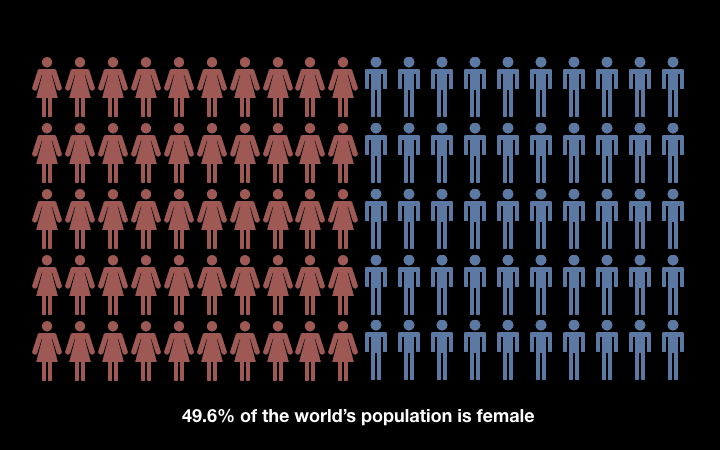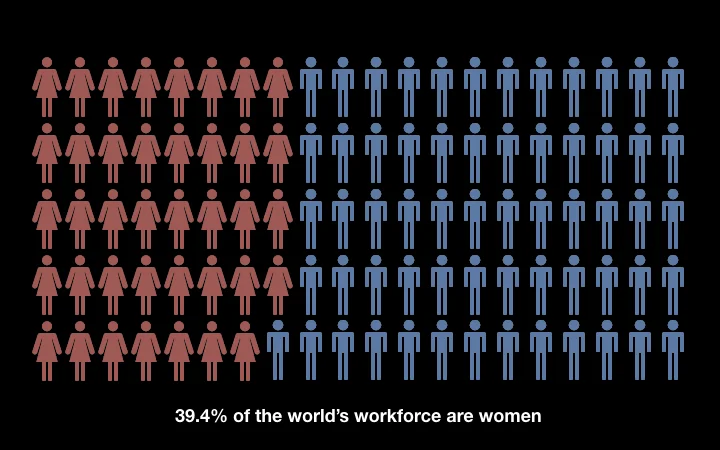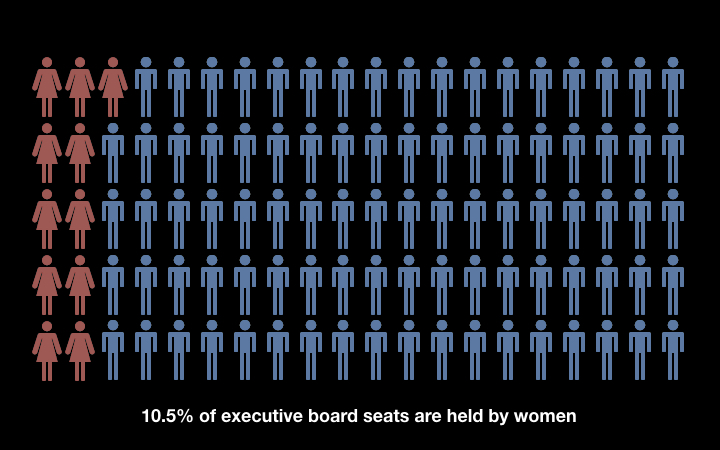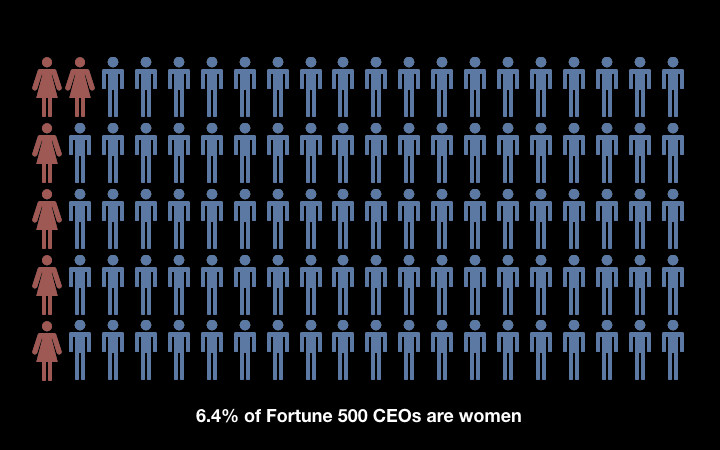Another day, another Silicon Valley screed showing that we're not quite as progressive as we thought we were. James Damore, a Google engineer, internally wrote and distributed this now infamous document stating, among other things, that the imbalance between genders in technical and leadership roles in the industry is a reflection of natural differences between men and women (for example, "Women generally also have a stronger interest in people rather than things, relative to men"), that Google has an intolerantly left-leaning echo chamber, and efforts to provide support for underrepresented minorities is misguided and bad for everyone, including Google's business.
Yonatan Junger, an ex-Googler, wrote a great response on his blog. If you haven't read it yet, you should. Go ahead, I'll wait.
As many people expected, the Google engineer who wrote that memo was fired this week. Unfortunately he won't be the last person we'll hear about making these kinds of misguided and misinformed statements.
We need more women leaders in business, and it isn't because of a left-leaning bias that's simply meant to make us feel good. Let's start with some basic facts (let's not get into the Bizarro world of alternative facts).
- 49.6% of the world's population is female. (The World Bank, 2016)
- 39.4% of the world's workforce are women (The World Bank, 2016), and in the United States, that goes up to 45.8%. (The World Bank, 2016)
- 25% of senior leadership roles are held by women, a +5% lift from 2012. (Grant Thornton International Business Report, 2017)
- 10.5% of executive board seats are held by women. (GMI Ratings, 2012)
- 6.4% of Fortune 500 CEOs are women. (Fortune, 2017)
The imbalance becomes worse as seniority goes up. There are many others who are more qualified than I who have researched and written about the reasons why, so I won't go into it here. However it seems clear that it's not explained simply by biological or psychological differences. The impact of culture, social norms, expectations, and labor practices seem to have a much greater impact. The Nordic countries have done more to close the gap, showing that a variety of approaches can make a massive difference.
I'm only going to address two specific areas in this deeply complex subject that the aforementioned memo touched upon – the business benefits of diversity and women's leadership qualities.
Diverse Groups Outperform Homogeneous Groups
There have been many studies that have demonstrated that diverse, heterogeneous groups outperform homogeneous ones. Research by Katherine Phillips, an associate professor of management and organizations at the Kellogg School of Management, Katie A. Liljenquist, an assistant professor at Brigham Young University, and Margaret A. Neale, a professor at Stanford University showed that while homogeneous groups were more confident in their performance, the less confident, diverse groups were more successful and made better decisions.
Research has shown that companies with the most women on their board of directors outperform those with the least by significant margins. From the report:
- Companies with the most women board directors (WBD) outperform those with the least on ROS (return on sales) by 16 percent.
- Companies with the most WBD outperform those with the least on ROIC (return on invested capital) by 26 percent.
- Companies with sustained high representation of WBD, defined as those with three or more WBD in at least four of five years, significantly outperformed those with sustained low representation by 84 percent on ROS, by 60 percent on ROIC, and by 46 percent on ROE (return on equity).
Women Rate Higher In Leadership Traits
A Pew Research Center survey on leadership traits show a disappointing paradox. Americans believe the following eight traits were very important to leadership, and respondents associated more of those traits with women. Women were seen to be more honest, intelligent, compassionate, outgoing, and creative. Men were seen to be more decisive. They were seen to be equally as hardworking and ambitious.
However, only 6% of respondents said that women would make better political leaders, 21% say men would make better leaders, and 69% say they make equally good leaders even though more leadership traits were clearly more strongly associated with women.
We Can Do Better
Clearly we can do better, and it's great to see that there are people trying to do that. By having more diversity at the top, there would be a positive effect on the bottom line and we'd have stronger leaders. What Google and others across the corporate and political worlds are doing to foster greater diversity doesn't just mean a better, more moral and socially just world, it also results in better outcomes for everyone.






